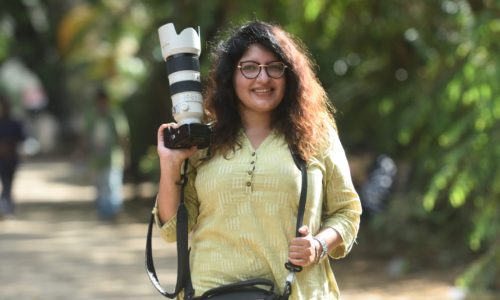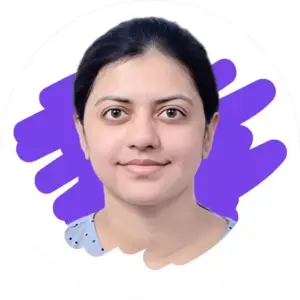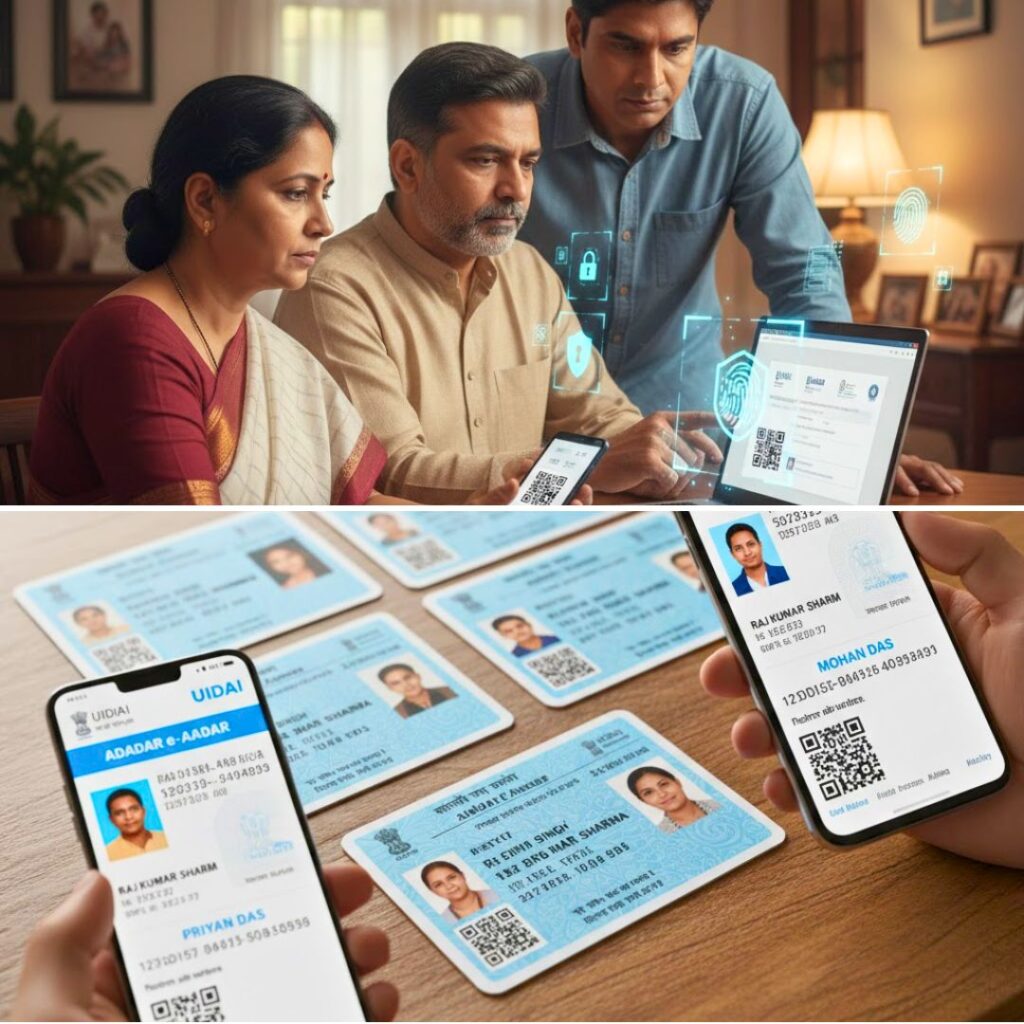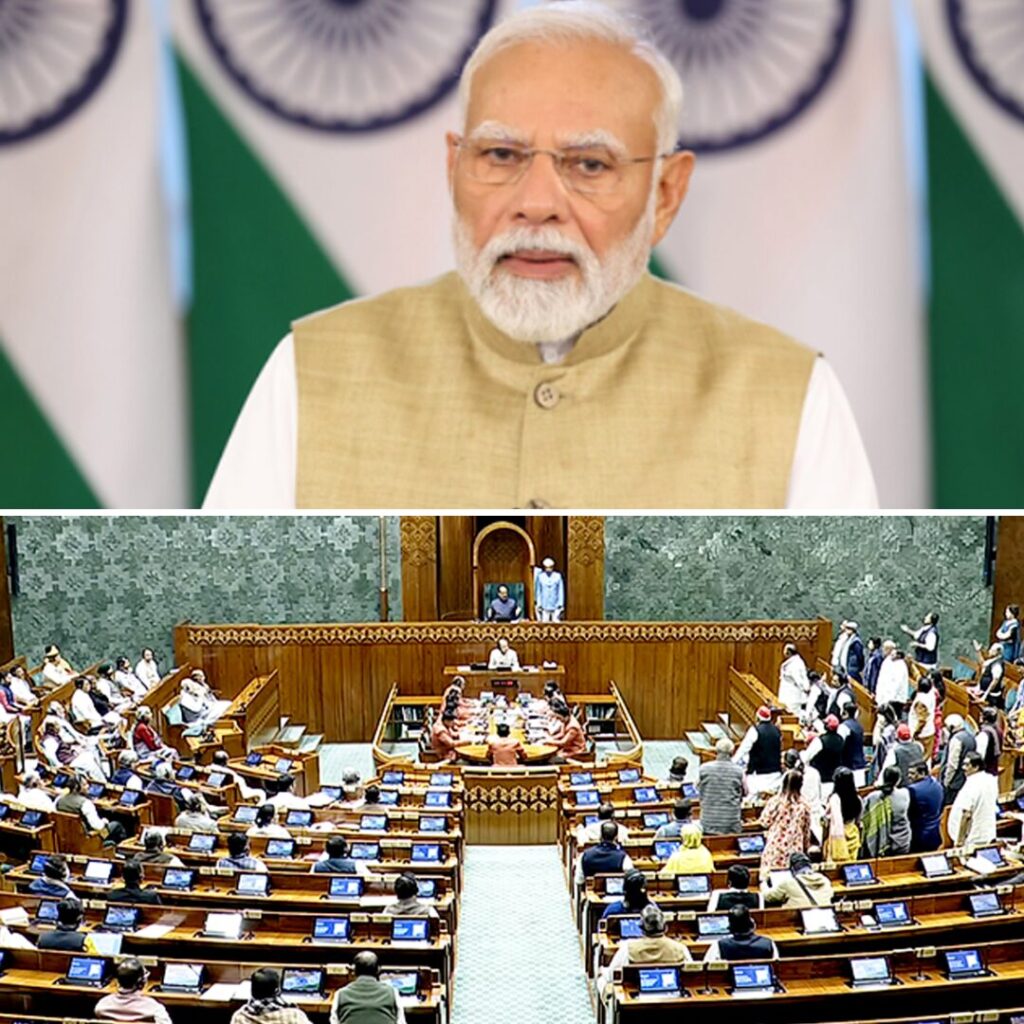I’m one of the 6 female photojournalists working with print media based in Mumbai. It’s my fourth year of staying on the field. I still remember the first time when I covered a building collapse.
I couldn’t sleep for two days as it was horrifying to see dead bodies everywhere. Over time, I got used to the challenges that were a part of my profession. So, whether it’s waterlogging, cyclone or the pandemic, I never hesitate to step out to do my duty.
As a photojournalist, it’s important to document whatever is happening in and around us. Most of us were out covering a cyclone which happened recently.
Our job demands working in an unpredictable environment. However, I am now used to the challenges that come with this profession. When the first lockdown happened, I was out with my colleagues along with all the other frontline workers, covering COVID hotspots.
We were taking care of the guidelines of staying away from the crowd. We ensured to maintain distance and sanitized ourselves at regular interval of time. I was scared because no one knew what to anticipate.
Also, there was worry about contracting the virus and spreading it to my parents. But then I thought, ‘It’s my duty to make people aware of the seriousness of the situation,’ and kept on doing my duty.
For the first few months, we were categorised as essential workers, but later we found out that we were no longer ‘essential’. And that’s when the situation worsened. Because not all of us have a vehicle or knows to drive.
I couldn’t travel by buses or trains. Since I didn’t have a vehicle of my own, travelling during the pandemic drilled a hole in my pocket. I’d have to take a cab or a rickshaw with just a mask and gloves.
And ever since the second wave hit us, I spend my mornings outside hospitals, head over to shoot the oxygen dealers, vaccination centres and then visit crematoriums. At crematoriums, when I see the family of the deceased crying bitterly, I go numb.
In the past few months, I’ve lost family members to COVID. And a few weeks ago, a senior at work succumbed. And I found out only later, that after his death, people had stolen all his belongings, including his clothes and cash from the hospital–I couldn’t believe the dystopia.
So far, more than 160 journalists have lost their lives covering the pandemic. It’s high time to also consider as frontline workers.
At times, I feel grateful just to be alive. If you’re safe at home, reading this, know that it’s a privilege; know that there are millions of people fighting for their lives, who would give anything to be in your position.
If you too have an inspiring story to tell the world, send us your story at
mystory@thelogicalindian.com













